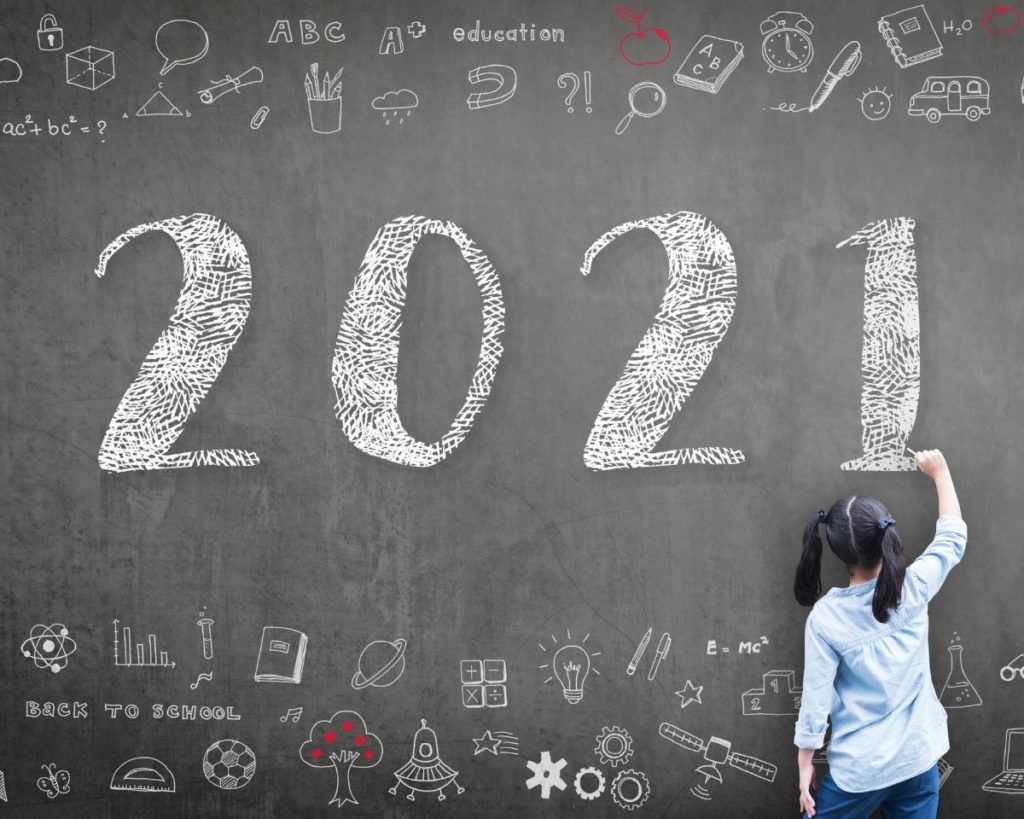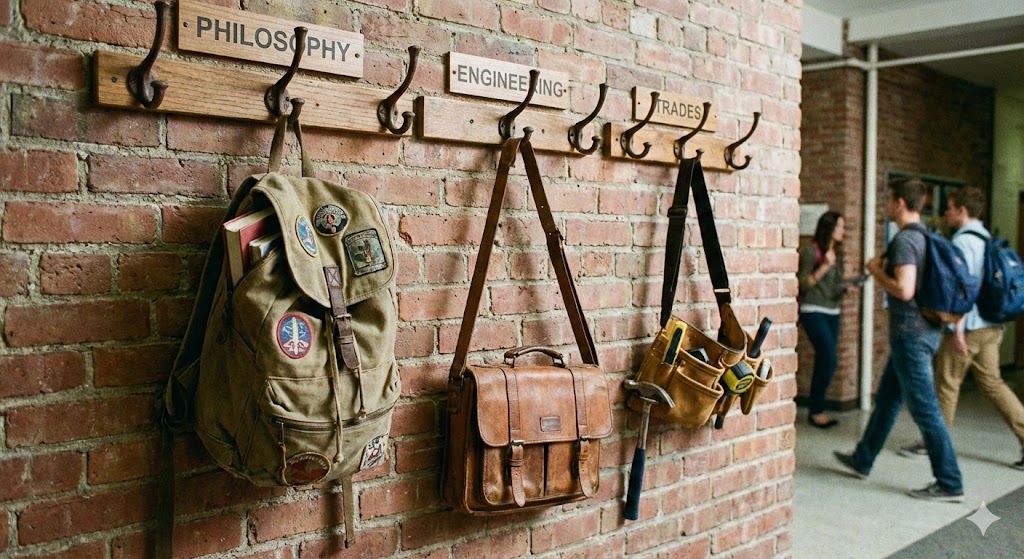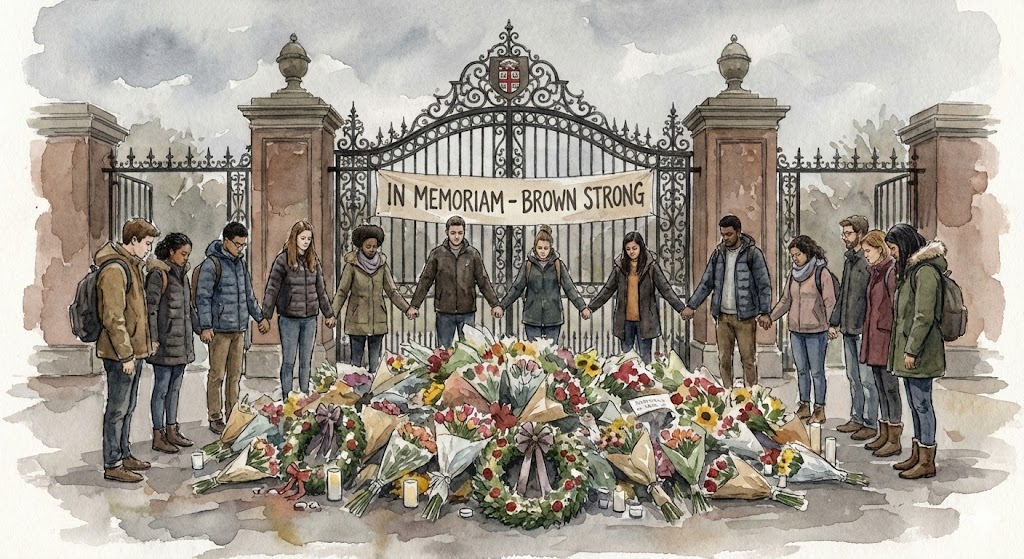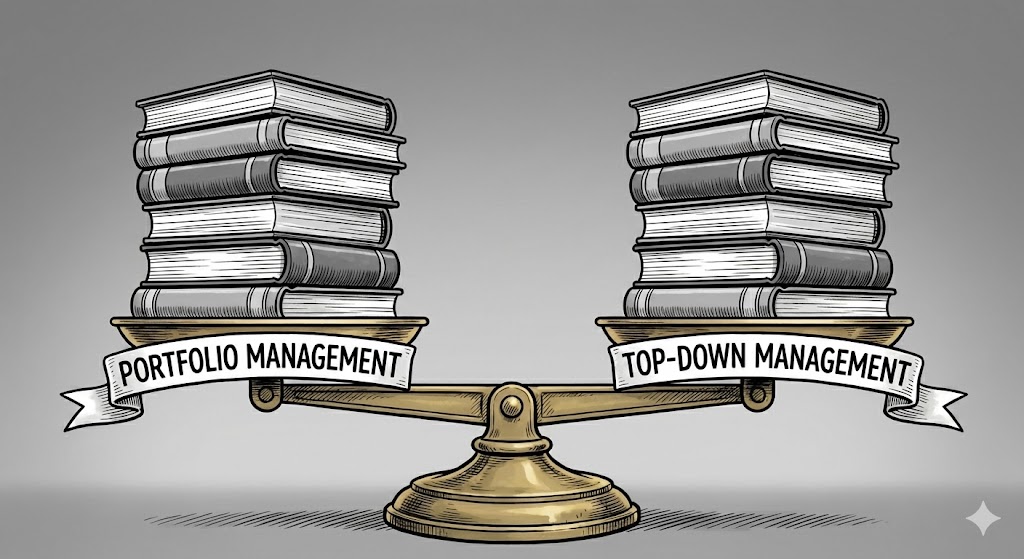Starting a new year provides an opportunity for looking forward hopefully. The insurrection in Washington D.C. January 6 makes that more challenging than usual.
But the images of hate-fueled extremists marauding through the U.S. Capitol also highlight how narrow and in some ways trivial the divisions on education policy are in Denver. Surely we can find ways to come together, or at least keep our disagreements civil.
As such, here are my wishes for Denver education in 2021.
First, that vaccinations and public health protocols make it possible for students and teachers to return safely to permanent, uninterrupted in-person learning as soon as possible, preferably this winter and spring, but certainly by August.
Second, that the Denver Public Schools staff and board pledges to create an inclusive community process as part of the search for a new superintendent amounts to more than hot air, and that the board truly listens to what the community wants from its schools and next superintendent. Since the community is far from monolithic, this means actively seeking out dissenting and underrepresented voices.
Third, that the new Denver superintendent the board hires is someone who listens with an open mind, and is driven not by ideology but by evidence about what truly works to promote high quality, equitable education for the greatest number of students possible.
Fourth, that the school board elections in November are preceded by a respectful campaign during which all sides listen to one another, consider the ideas put forth by people with whom they disagree, and avoid acrimony and ad hominem attacks. The fact of the matter is that in a city like Denver, the differences between us are much narrower than we often imagine. As recent events show, our internecine warfare often distracts us from real wolves at the door.
Fifth, that the school board this year backs away from some of its worst ideas. Curtailing innovation schools, for example, might be on the Denver Classroom Teachers Association wishlist, but it will not serve students in those schools well. There might be some productive ways to revise how innovation plans are voted upon, but allowing each waiver to be voted on separately would gut the plans and hamstring innovation schools and zones. The fact that board member Brad Laurvick, who pushed the innovation vote changes, was willing to slow the process and reconsider is a promising sign.
Sixth, that certain school board members reconsider their reflexive anti-charter school bias. Charters, like district-run schools, are a mixed bag. But the best among them have truly moved the needle, and lumping them all under some Devosian nightmare category is simplistic and lazy.
Seventh, that board member Scott Baldermann in particular tones down his objections to having schools compete with one another. In a state where parents have the right by law to choose what public school their children attend (with some limitations), prohibiting or discouraging schools from differentiating themselves through marketing seems shortsighted at best. Charters have to tell their story in order to attract students. Discouraging marketing support for district-run schools hamstrings them.
Finally, here’s hoping that 2021, despite its rocky start, heralds a return to something resembling normalcy, with lessons learned during the pandemic fueling a fundamental rethinking of how teachers teach and students learn in the century’s third decade and onward.




